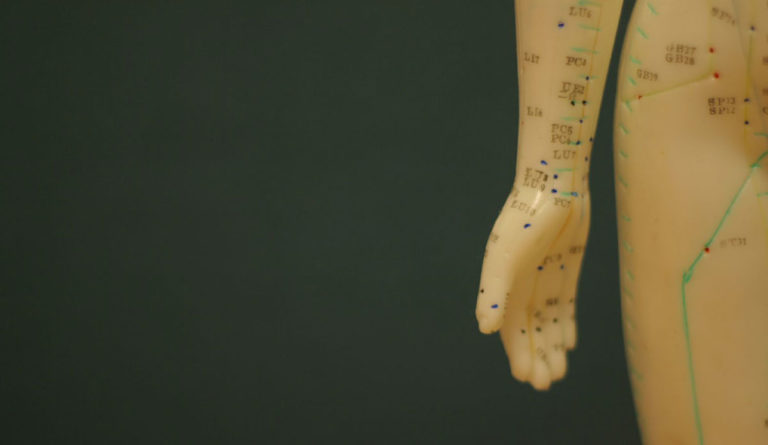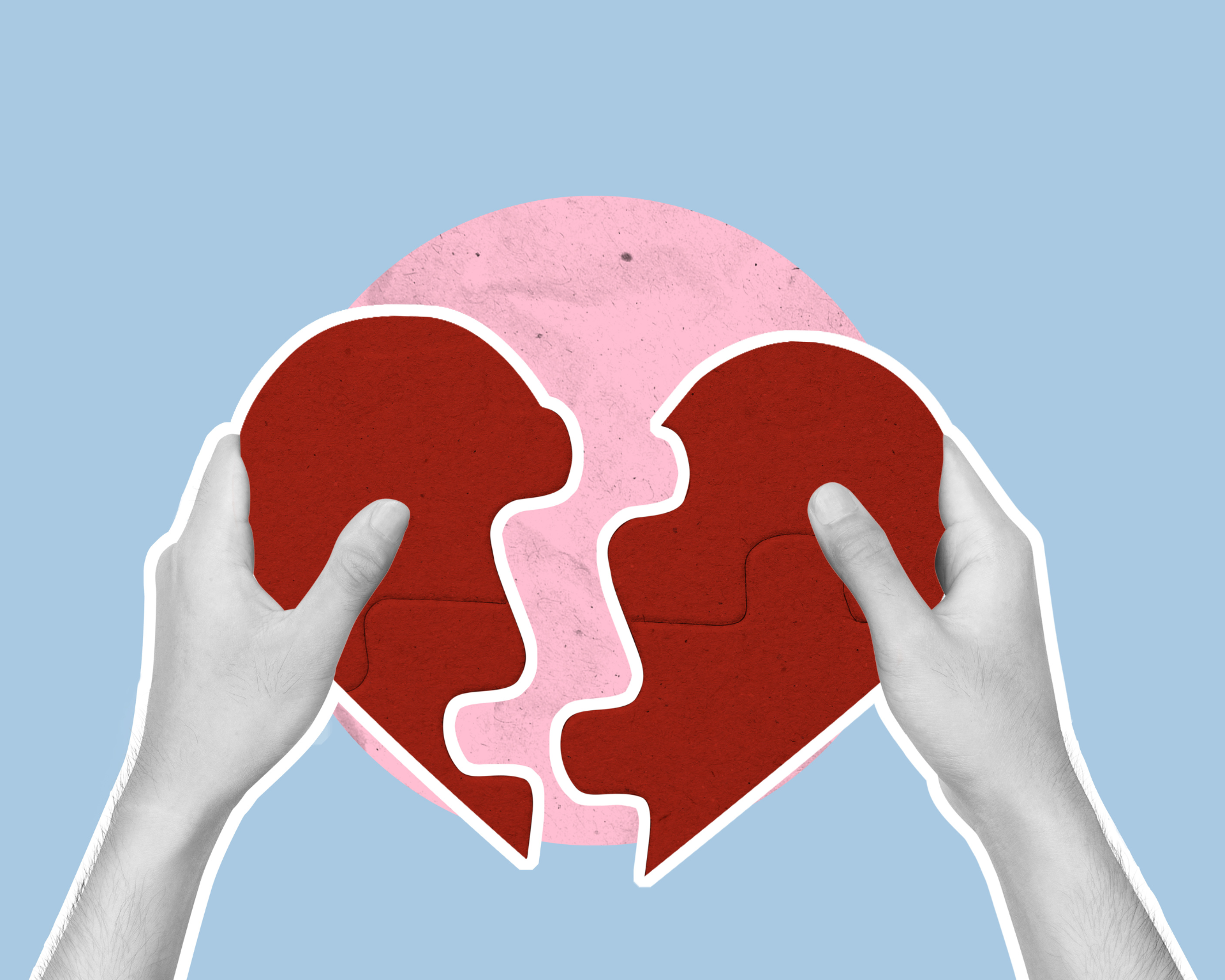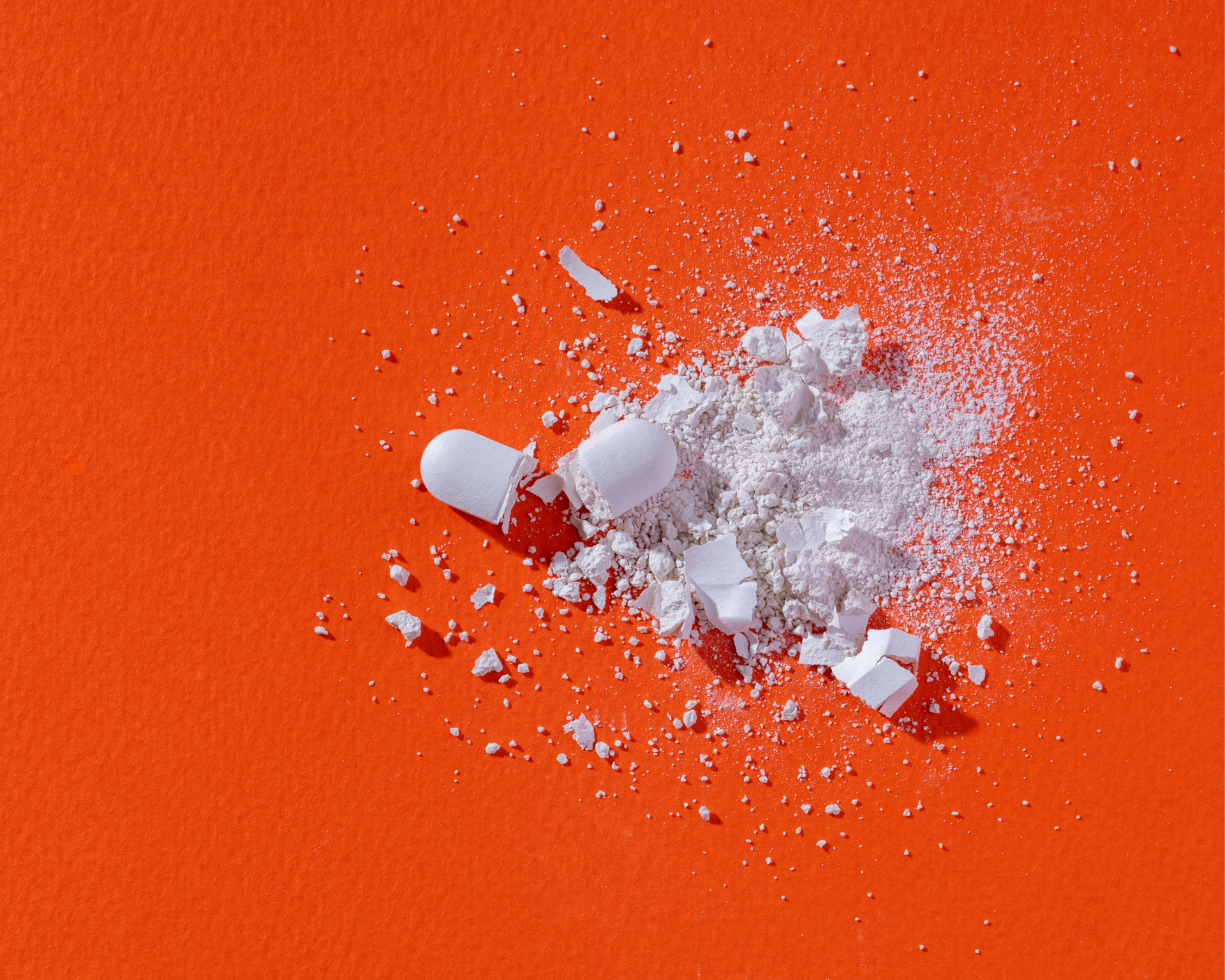Acupuncture: Sticking the Point on Opioids
Opioids are the most commonly prescribed class of medication in the United States to treat chronic pain. Acupuncture could help reduce the number of opioid prescriptions.

Read Time: 3 minutes
Published:
In 2015, 240 million prescriptions were written for opioid medication. In that same year, more than 33,000 Americans died from an opioid overdose, and 18,000 of those deaths were caused by prescription opioid pain medication. Opioids, the most commonly prescribed class of medication in the United States, are used to treat chronic pain including low-back pain, severe headaches, neck pain, and facial pain. Non-pharmacologic treatment options for chronic pain, such as acupuncture, could help reduce the number of opioid prescriptions.
To combat the current opioid crisis in America, federal regulatory agencies and clinical organizations, such as the US Food and Drug Administration and the American College of Physicians, provide guidelines for health care providers recommending acupuncture as an alternative to opioid painkillers. A 2017 report by Dr. Yin Fan and colleagues summarized current research exploring how acupuncture can be used to treat chronic pain and opioid dependency.
The effectiveness of acupuncture varies depending on the pain condition. Acupuncture has been shown to reduce chronic low-back pain, chronic headaches, knee osteoarthritis, and post-operative pain, nausea, and vomiting. The American College of Physicians recommends pairing acupuncture with other complementary treatments, such as Tai Chi, yoga, and muscle strengthening exercises for best outcomes. The potential for acupuncture to mitigate other types of pain—such as labor pain, plantar heel pain, and sciatica—is less clear.
One prospective, randomized trial which compared acupuncture to morphine found acupuncture to be more effective and faster at reducing acute, moderate-to-severe pain among emergency room patients.
One prospective, randomized trial which compared acupuncture to morphine found acupuncture to be more effective and faster at reducing acute, moderate-to-severe pain among emergency room patients. Patients experienced pain relief more quickly from acupuncture than from morphine. Those who received acupuncture reported experiencing adverse side effects less frequently than those who received opioids. Although it is unclear on just how effective acupuncture is on managing post-operative pain, it has been shown with moderate certainty that acupuncture reduced opioid dependence and delayed use among patients. This may prove to be significant given that post-operative pain management is a sector of medicine that notably over-prescribes opioid medications.
Minor acupuncture-related side effects such as needling pain, blood clotting, and bleeding were reported by fewer than 8% of patients. Only 0.003% patients reported serious side effects, including acute bacterial infections and suicidal thoughts. A study conducted by the Center for Health Information and Analysis found that full insurance coverage of acupuncture in the state of Massachusetts would increase monthly premium payments by just $0.38 to $0.76.
Acupuncture can also be used to treat patients who are suffering from addiction. Global organizations, such as the National Acupuncture Detoxification Association, use acupuncture to treat patients struggling with addiction, resulting in patients using morphine less often, sleeping better, and feeling less stressed. Research looking at treating addiction with electro-acupuncture found that it reduced drug-seeking behavior in rats. Acupuncture may affect dopamine neurons in the brain in such a way that helps patients disrupt the chemical reinforcements that drive their habits.
Acupuncture’s benefits are wide-reaching, with the potential to be implemented in a variety of settings. From disaster relief programs to prisons, acupuncture could be used to help people with opioid addiction reduce their dependency and cope with long-term symptoms of withdrawal such as anxiety and stress. The United States has over 34,000 licensed acupuncturists who can be enlisted to treat chronic pain, post-operative pain, and addiction.
Photo: Thunderchild7, IMG_6001, used under CC BY 2.0



